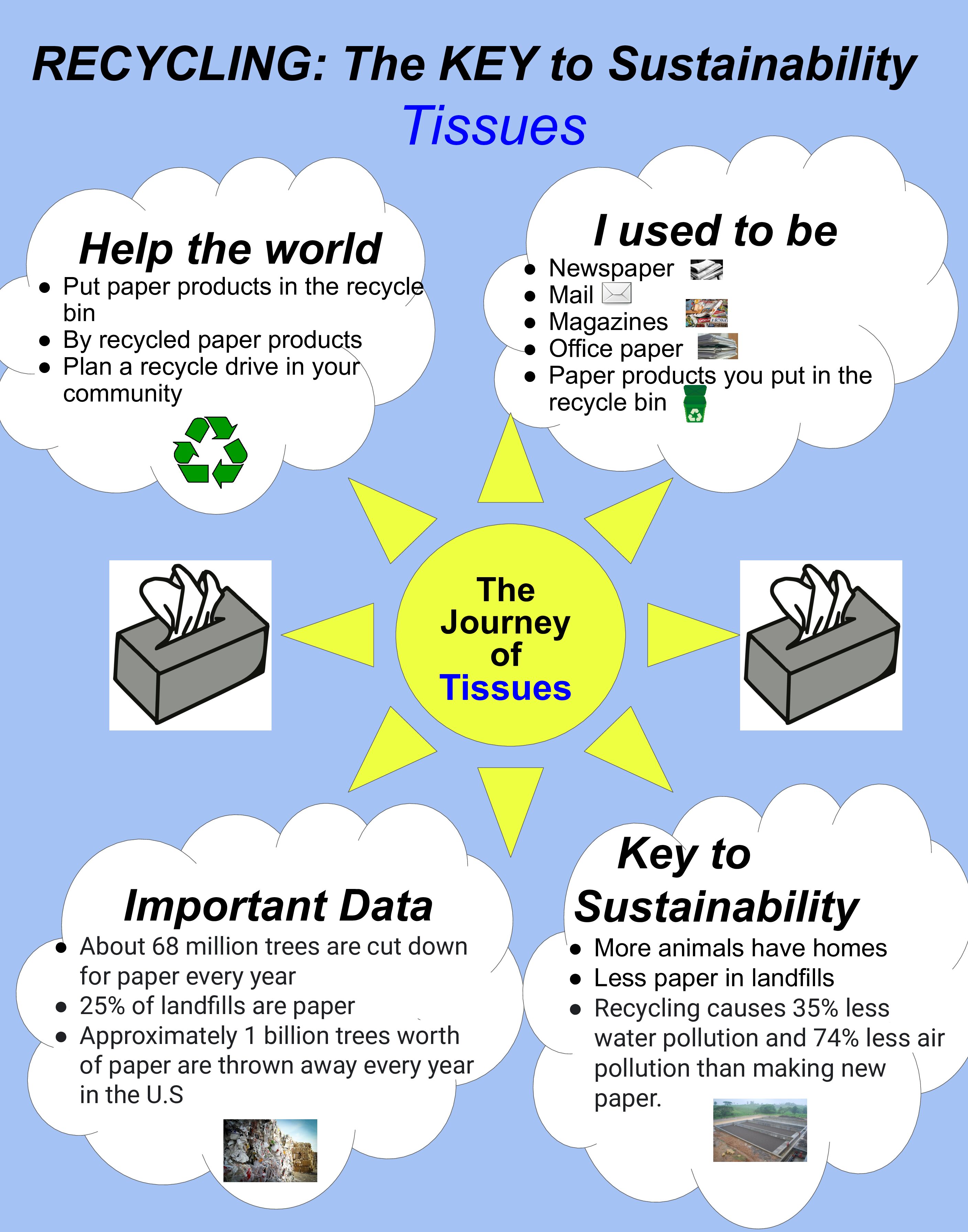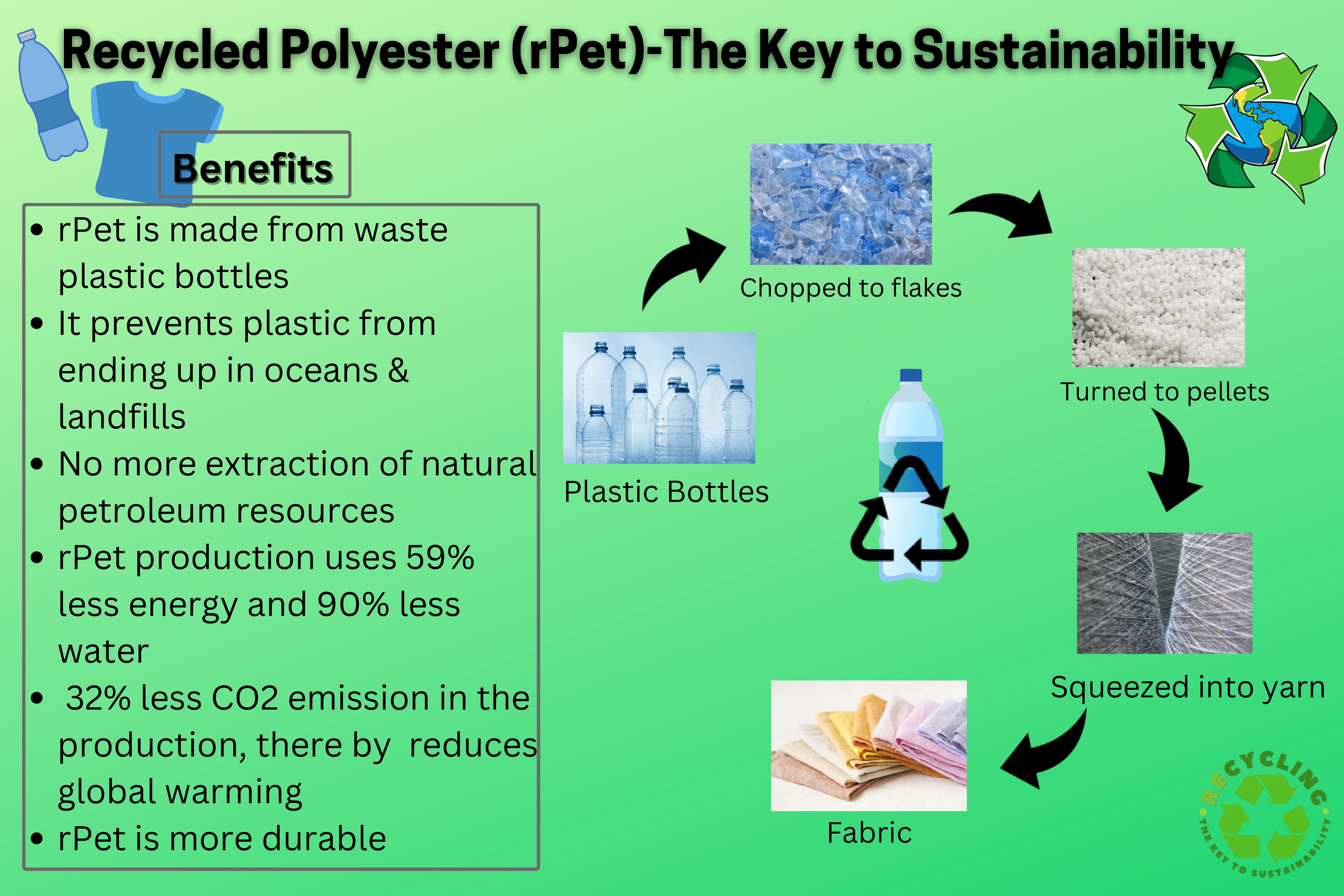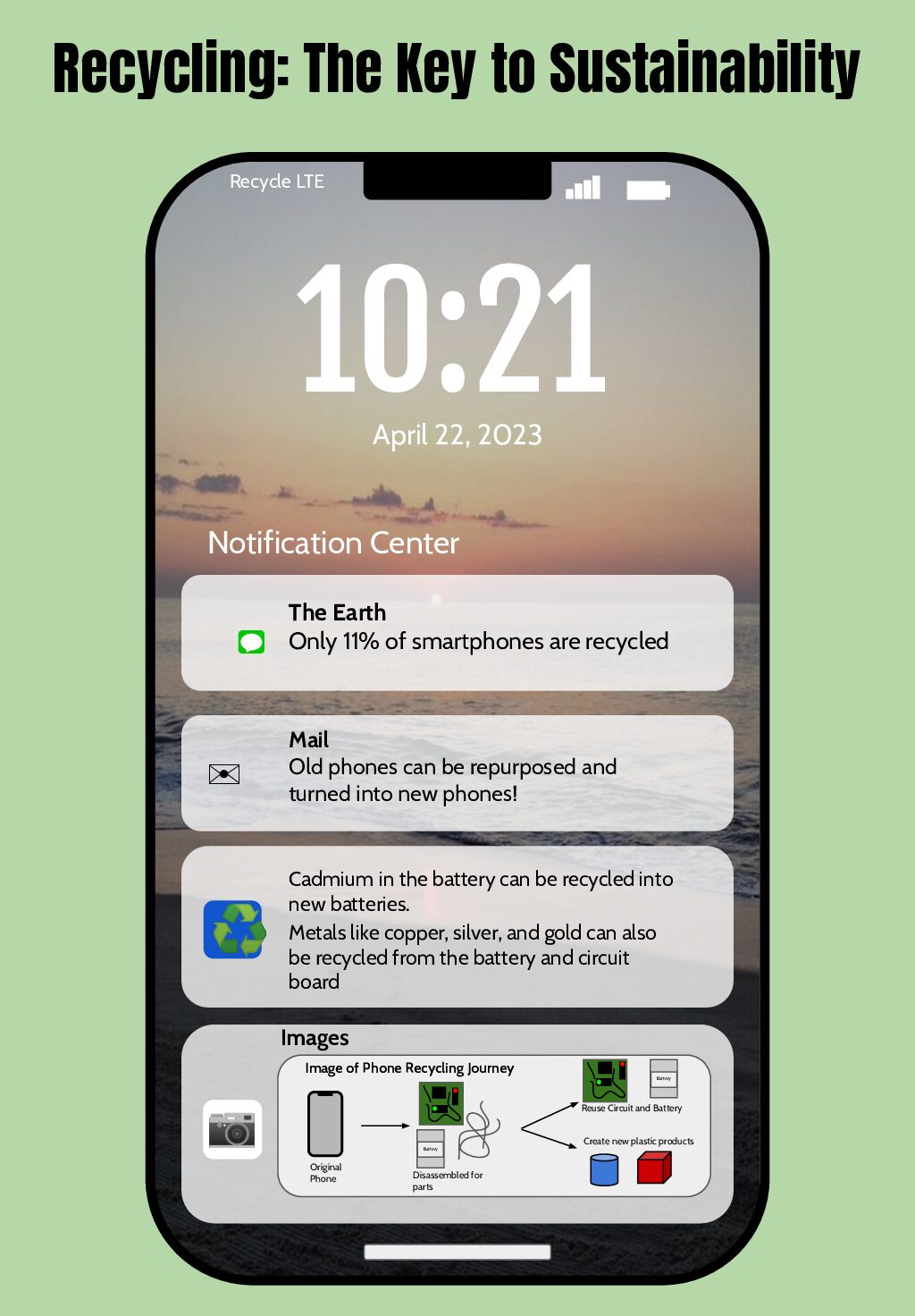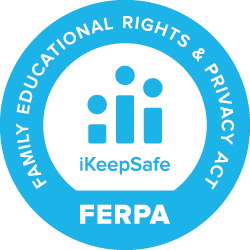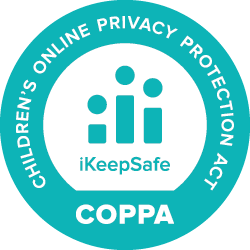
We are excited to announce the
2022-23 ReMA Recycling Contest Winners!
The 2022-23 contest theme challenged young learners to tell a story of a previous life of a product made from recycled materials and explain how the creation of this product is the key to sustainability and why it matters. We received over 160 submissions from students all across the country! On behalf of JASON Learning and ReMA, thank you students and teachers for the incredible work that went into each and every submission. See the poster and video winners, and honorable mentions below!
Blue Steel
Ashvin Saini, Bailey Maltese, & Yaesung Kim
━
Ashvin Saini, Bailey Maltese, and Yaesung Kim, three fifth graders from Willow Springs Elementary School in Fairfax County, VA, are the talented filmmakers and stars behind this year’s winning video submission. Their innovative video told a story about the previous lives of the materials on a cruise ship and explained how recycling is the key to sustainability!
Thank you so much to their teacher, Ms. Logan Williams, for supporting her students in submitting this fantastic video! Congratulations!
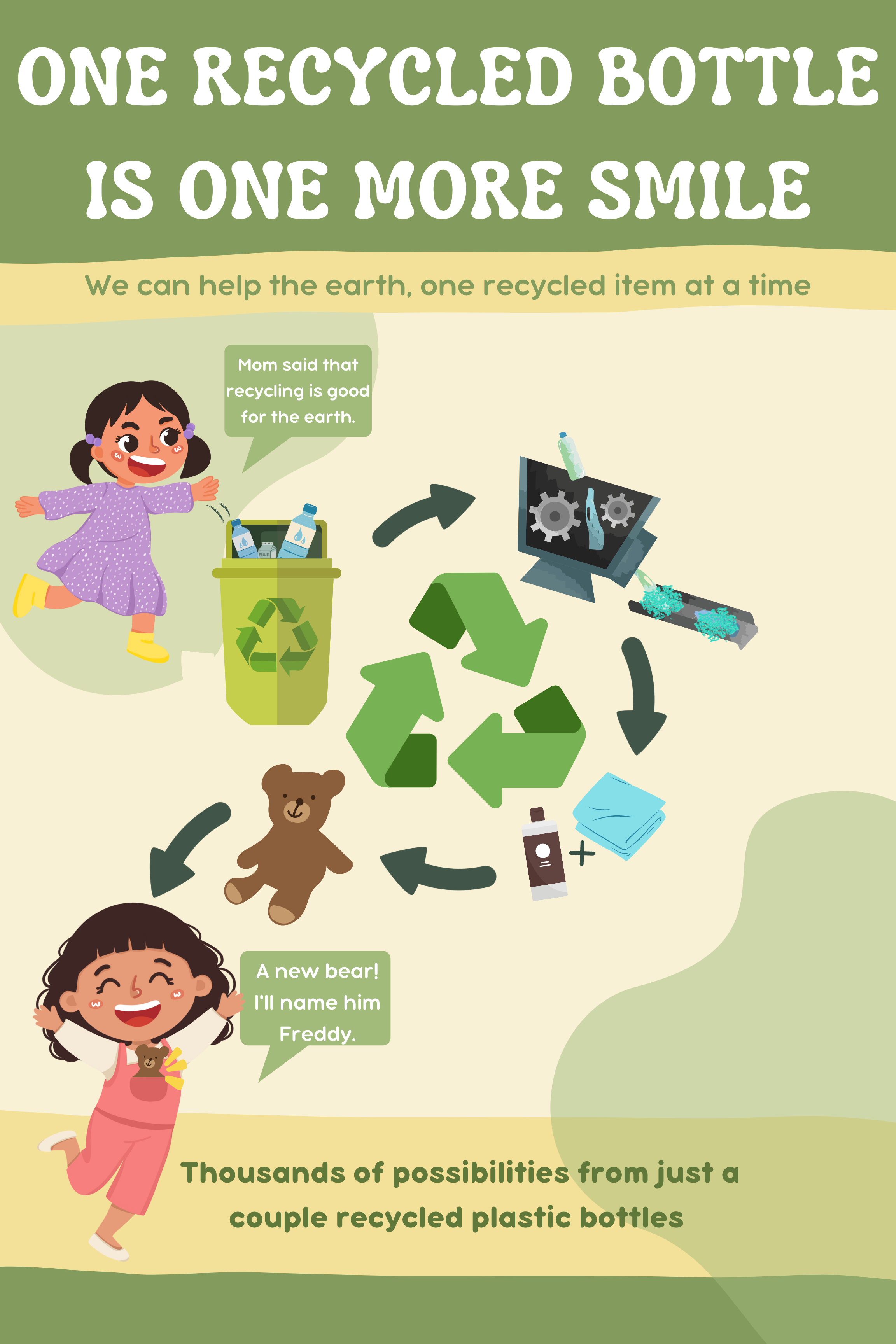
Team Barbie
Barbie Lin
━
Eighth-grader Barbie Lin from Myra S. Barnes Intermediate School 24 in Staten Island, NY, is the talented designer behind this year’s winning poster submission. Her creative poster design explores the vitality of recycling and emphasizes the many paths recycled materials take before becoming your favorite things!
Thank you so much to her teacher, Ms. Michele Corio, for supporting her students in submitting this fantastic poster! Congratulations!
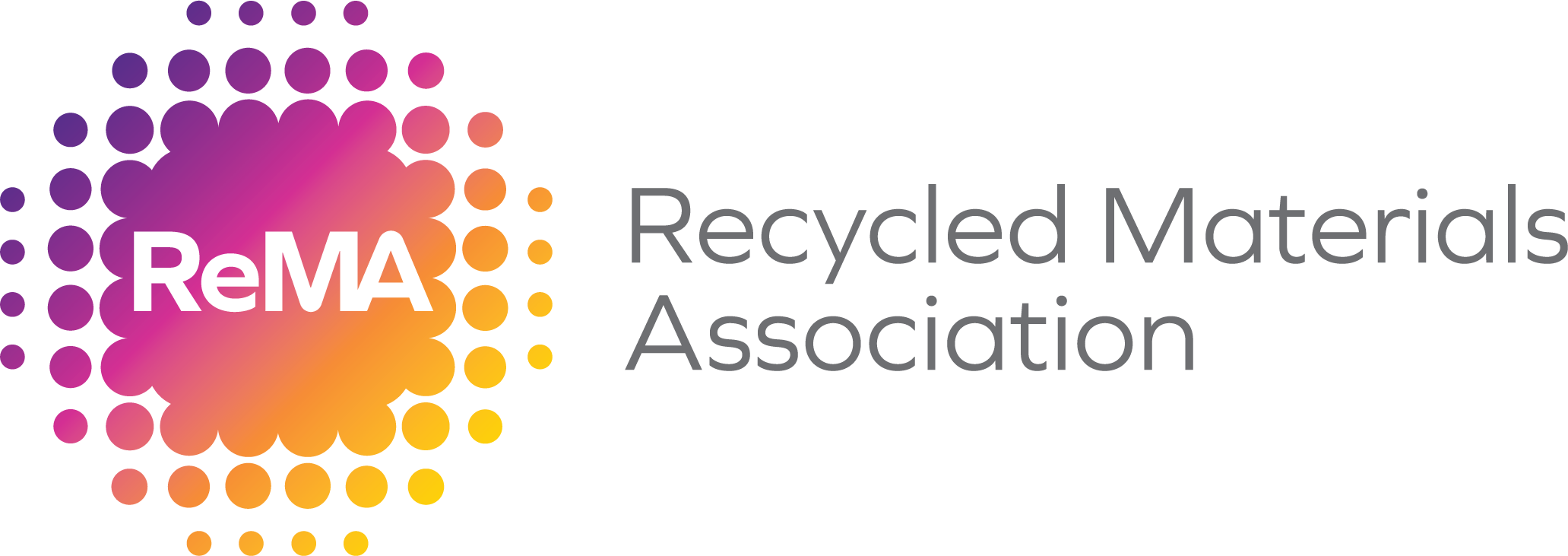
Check out our Recycling Activities Collection: Lessons and Resources for Grades K-12!
Designed in partnership with ReMA, the trade association representing the recycling industry, students explore the benefits and challenges of sustainable recycling through a variety of activities ranging from physics and chemistry to engineering and human impacts while becoming informed citizens and careful consumers.
